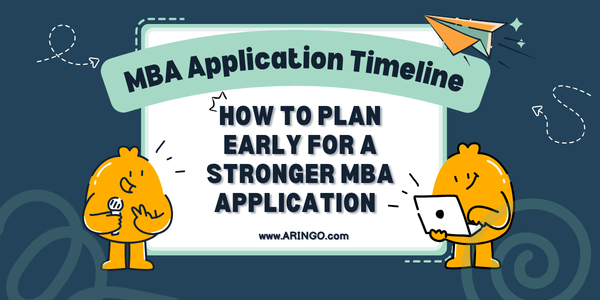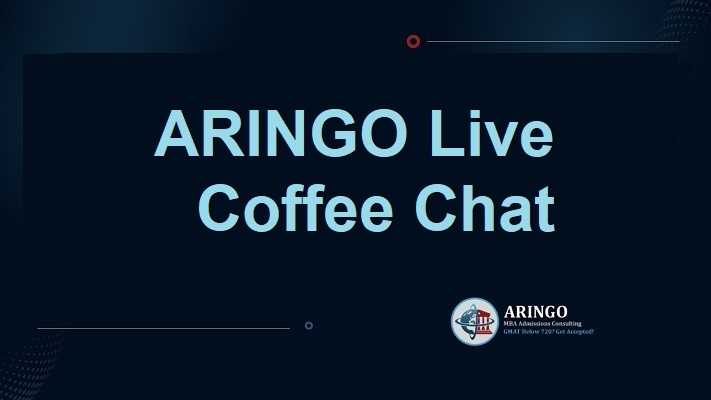Applying to a top MBA program is about much more than just a strong GMAT score and solid work experience. Admissions Committees (AdComs) at elite institutions like Harvard, Stanford, and Wharton are looking for well-rounded, dynamic individuals who will not only succeed in the classroom but also enrich the campus community and become global leaders. This is where your extracurricular activities (ECs) become a critical differentiator in your MBA application.
What Top Business Schools Look for in ECs
Extracurricular activities are the window into your authentic self, revealing your passions, values, and potential for leadership outside of your professional life. AdComs aren’t looking for specific, ‘perfect’ activities; they seek evidence of key traits:
- Demonstrated Leadership: Can you rally a team, manage a project, or initiate change in an unstructured environment?
- Commitment & Follow-Through: Have you dedicated significant time to a cause or activity, showing deep, sustained involvement?
- Impact & Initiative: Have you made a measurable difference, or did you start something new to address a problem?
- Unique Personality: What interests do you have that will add a fresh perspective to the diverse MBA cohort?
Why Extracurriculars are Vital for Business School Applications
In a pool of highly qualified candidates with similar professional backgrounds (e.g., finance, consulting, tech), your ECs provide the “X-factor.” They help the admissions committee build a complete picture of who you are and how you will contribute to the program. They are the prime opportunity to showcase soft skills—teamwork, empathy, time management, and passion—that your work resume might not fully capture. This is especially true for candidates targeting best business schools where every detail counts.
Examples of High-Impact Extracurricular Activities
The best ECs are those where you can clearly articulate your role, responsibility, and results.
| Category | High-Impact Examples | Key Trait Demonstrated |
| Commitment & Impact | Serving on the board of a long-term non-profit, organizing annual fundraising drives, or leading a volunteer chapter. | Dedication, Social Responsibility, Community Involvement |
| Taking Leadership | Founding a company resource group, mentoring junior employees through a formal program, or captaining a sports team. | Initiative, Team Management, Leadership Potential |
| Pro Bono/Skills-Based | Using your professional skills (e.g., accounting, marketing strategy) to advise a small non-profit or startup. | Value-Add, Professional Application, Skills for Good |
| Entrepreneurship | Launching a small side business (e-commerce, local service, app development), or organizing a local business network. | Innovation, Risk-Taking, Strategic Thinking |
| Curiosity & Creativity | Deep pursuit of an unusual hobby (e.g., competitive sailing, classical music composition), or learning a new language, or trade (e.g., advanced coding). | Intellectual Breadth, Unique Perspective, Discipline |
| Personal Development | Sustained fitness goal like competing in triathlons, or mastering a culinary art over several years. | Resilience, Goal-Setting, Work-Life Balance |
Quality Over Quantity: The AdCom Mantra
Admissions committees are far more impressed by depth of involvement than a superficial laundry list of activities. One or two significant commitments where you took on increasing responsibility and made a tangible impact are always superior to a dozen one-off events. Focus on being a leader and driving change, rather than merely a participant. Your goal is to demonstrate that you can manage a demanding professional life, a personal life, and make a meaningful contribution outside of work.
Your extracurricular life is a crucial piece of the puzzle, providing a compelling narrative that brings your application to life. By strategically choosing and presenting activities that highlight your unique strengths and leadership potential, you significantly boost your chances of admission to top-tier MBA programs.
Ready to transform your profile? Contact ARINGO for a free profile evaluation and personalized strategy.
Frequently Asked Questions (FAQs):
- How many ECs are good to showcase in my application?
Focus on quality, not quantity. Most successful applicants highlight one to three extracurricular activities where they have shown deep, long-term involvement, especially those involving a leadership role or significant quantifiable impact. Avoid a long, thin list.
- How do I demonstrate ECs in my MBA application?
Your ECs should be referenced in multiple parts: briefly in your resume’s “Interests” or “Volunteering” section (use action verbs and metrics), expanded upon in an essay (if relevant to a prompt), and discussed during your interview. Use the STAR method (Situation, Task, Action, Result) to frame your contributions and impact.
- Do my ECs need to relate to my career goals?
Not necessarily. While Pro Bono Consulting may align perfectly with a consulting goal, a commitment to a non-profit or a passion like marathon running shows qualities—like dedication, perseverance, and teamwork—that are universally valued in business. Authenticity is key.
- I work long hours; what if I have very few traditional ECs?
AdComs understand demanding professional roles. You can leverage internal company activities (e.g., leading a mentoring group, heading a recruiting effort, leading the company’s annual charity drive) or unique personal projects, such as writing a popular industry blog, as a substitute for traditional volunteering.
- Is a hobby like cooking or fitness truly a worthwhile EC?
Yes, if you demonstrate a high level of commitment, skill, or achievement. For example, winning a local cooking competition, teaching community cooking classes, or completing an ultra-marathon all show discipline, goal-setting, and initiative—traits that make a great business leader.





